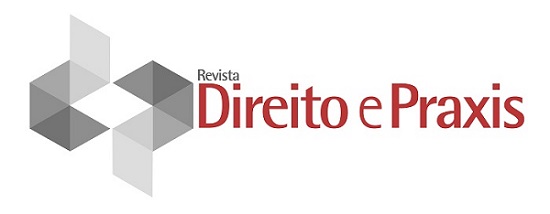Abstract
It is a scientific article whose purpose is to examine how the lack of respect for native languages in the production of judicial evidence and other procedural acts involving indigenous defendants violates the accusatory principle that, in theory, is the basis of the Brazilian criminal process. Insufficient regulation prevents the full exercise of the right of defense and precludes the parity of arms between prosecution and defense. Even with the recent Resolutions of the National Council of Justice (Resolution 287, 2019, and Resolution 454, 2022), which establish guidelines to meet the necessary intercultural dialogue, the Judiciary remains alien to the pluricultural debate, reinforcing the Indigenist integrationist bias and, therefore, the colonial reason that is instrumental for the control of ethnic diversity. By the method of jurisprudential analysis and bibliographical survey, the authors aim to demonstrate how the lack of prediction of interpreters and translators of indigenous languages in criminal proceedings involving members of the indigenous peoples constitutesIt is a strategy of silencing and invisibilization of ethnicity, making the criminal process unable to establish an intercultural and decolonial dialogue.
Keywords:
Indigenous Peoples; Indigenous Languages; Brazilian Criminal Procedure; Accusatory System
